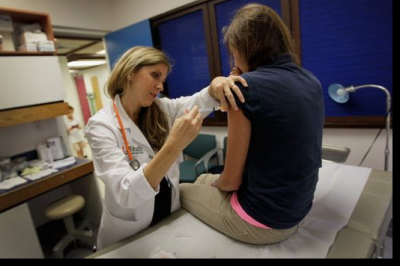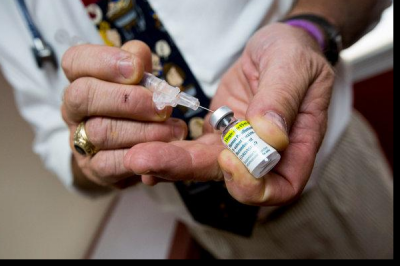Human papilloma virus in pregnancy
More than 70% of the sexually active world population has at least one subtype of the human papilloma virus, HPV. In most cases, VHP infection disappears spontaneously, although in 10% of cases it can lead to cervical cancer.
Below you have an index with all the points that we will discuss in this article.
IndexIt is important to test women who have had several sexual partners, who are the most likely, to diagnose the virus beforehand, before the lesions and warts appear.
When can it appear?
HPV infection is more common during pregnancy because the immune system is weakened in pregnant women. However, in most women it will not be a complication.
Women who have a history of genital warts (condylomata) or positive HPV tests should talk to the gynecologist before they become pregnant to perform a control during the entire pregnancy.
There is a vaccine against some variants of the papilloma virus, but the Public Health Commission of the National Health System recommends not vaccinating pregnant women. Vaccination should therefore be prior to pregnancy.
HPV infection during childbirth
Pregnancy can cause new warts to appear and grow and develop quickly. However, they will disappear after childbirth as it is observed that a few weeks later they begin to disappear on their own.
It is unlikely that the virus causes problems in pregnancy, although there is a small risk that the mother can spread the virus to the baby during delivery.
The baby can swallow some vaginal cells that contain the papillomavirus during delivery and may affect the vocal cords of the newborn. Most often, the organism eradicates the virus and has no consequences.
Women who have HPV can have normal vaginal deliveries, but those with a large number of warts that clog the vagina can have a cesarean delivery.
If you share, you help usWe make a great editorial effort. Sharing this article helps us and motivates us to continue our work.
97
Authors and collaborators
Sarai Arrones Embrióloga Graduated in Biochemistry and Biomedical Sciences from the University of Valencia (UV). Master's Degree in Biotechnology of Human Reproduction Assisted by the UV in collaboration with the Valencian Institute of Infertility (IVI). Specialization course in cryopreservation of gametes, embryos and animal tissues. Embryologist active in specialized Assisted Reproduction. More about Sarai Arrones Follow us in our networksAll about assisted reproduction in our channels.
57,938 3,934 16,171
Comments
Post a Comment